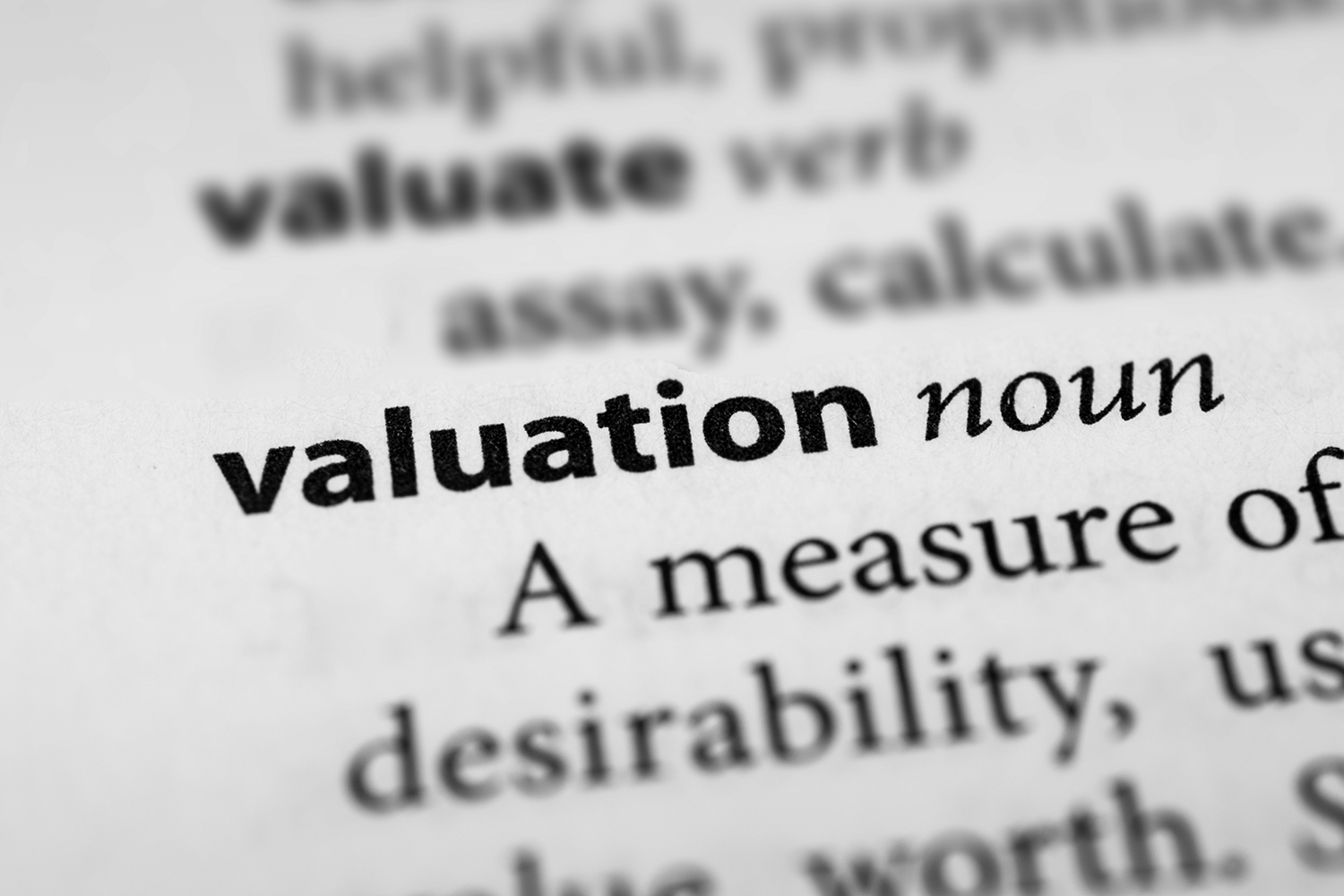
Originally published on TheDentistsNetwork.Net
By Thomas L. Snyder, DMD, MBA, Senior Director Henry Schein Professional Practice Transitions
Most of us are familiar with the need to have a practice valuation prepared for transition planning purposes or a potential sale or partnership buy-in. The type of valuation prepared for these scenarios is called a “Market Value” practice valuation. For those doctors considering a practice sale, the primary purposes for preparing a “Market Value” practice valuation is threefold:
- Determine the probable selling price for the practice
- Assist the seller in setting an initial “asking price”
- Assist the seller in projecting an acceptable potential “Sale Price”
Ultimately, a potential buyer will use a “Market Value” practice valuation as an aid in determining what a fair offer would be, based on an accurately prepared Business Valuation. Many lenders will also require a “Market Value” practice valuation to determine whether the transaction makes sense for their customer, the buyer. In the Market Valuation, valuators use three different approaches to reach their conclusion of Market Value. They are: Market, Income and Asset approaches. Each of these approaches then use one of several valuation methodologies that are specific for each approach.
There are several other reasons for preparing a practice valuation utilizing other valuation methodologies, which may differ from the methodologies used in calculating Market Value. These “Special Purpose” valuations are either prepared to minimize the tax implications regarding a practice sale or co-ownership transaction, or for use in potential litigation proceedings.
1) C Corporations and Personal Goodwill Valuation
This “Special Purpose” valuation is used in conjunction with the sale of a practice having a C Corp business entity. Due to the double taxation nature of a C Corp, most tax advisers prefer to allocate the majority of the value of the practice’s intangible assets to personal goodwill, not corporate or enterprise goodwill. Thus, personal goodwill is taxed outside of the PC as is considered an asset of the doctor, not the PC.
For many years, the courts upheld the personal goodwill allocation of a doctor/owner. But a number of years ago, a tax court case in California disallowed the personal goodwill allocation of a solo doctor who had a C Corp as well as an Employment Agreement with himself containing a Restrictive Covenant. Unfortunately, the doctor lost that court case, and as a result, many CPAs and tax advisors are now concerned about the potential audit risk of their clients who have a C Corp without a separate personal goodwill valuation to back up the allocation for their client’s personal goodwill at the time of sale.
Even though most solo C Corp doctors do not have an Employment Agreement with the PC, many advisers want to have a special Goodwill Valuation as an insurance policy in the event their client audited. Goodwill Valuations apply different methodologies in separating a doctor’s personal goodwill from the enterprise or corporate goodwill. A typical Market Value does not break down the goodwill into these classifications.
2) C Corp Conversions to S Corp status
Many doctors have converted their C Corp to an S Corporation to avoid the double taxation predicament when it is time to sell the practice. One frequently overlooked aspect of this conversion is the requirement for a “Special Purpose” valuation to be prepared if the timeframe for conversion at time of sale is less than five years (i.e., the look-back period following a conversion). The valuation should be prepared at the time of conversion to establish the appropriate tax basis. Failure to have this type of “Special Purpose” valuation may result in the doctor paying a higher amount of tax when the practice is sold.
3) Estate Sale and Gifting
In cases where a doctor has a relative who wants to become an owner in the business, a “Special Purpose” valuation is required whereby the goal is to reduce the goodwill in the value of the practice. In addition, if any gifting to a relative is contemplated, this “Special Purpose” valuation is also required. A standard “Market Value” valuation will not be sufficient to support a gifting transaction.
4) Divorce and Partnership Dissolution and other Litigation Matters
This final “Special Purpose” valuation not only must follow standard valuation protocols, but these valuations must also be prepared in accordance with local state law (which varies considerably from state to state). The valuators preparing these documents are also frequently called to justify and defend their valuation, either through deposition or under testimony and/or personal appearances’ as a qualified expert witness in any litigation proceedings.
As you can see, there are many variations to the standard “Market Value” approach which brokers traditionally use to place a value on a practice. These “Special Purpose” valuations usually command higher fees due their technical nature as well as the customization required to properly value the business for those “Special Business” purposes.
Interested in having Dr. Snyder speak to your dental society or study club? Click here.
Hear Dr. Snyder’s FREE podcasts at The Dentist’s Network – HERE
Previously written for and published by:
Henry Schein Professional Practice Transitions, Inc. is a national leader indental practice transitions. A subsidiary of Henry Schein, Inc. they provide expert guidance for selling and buying dental practices, dental practice fees and management, assessing partnership and associate-ship opportunities, and performing dental practice appraisals and valuations
